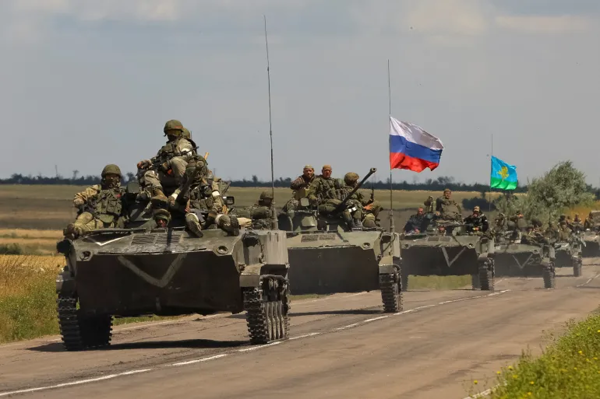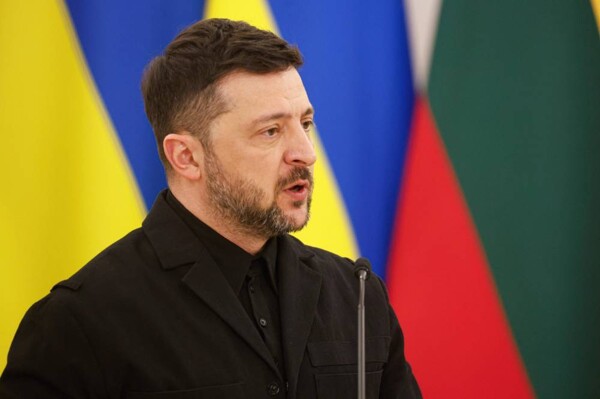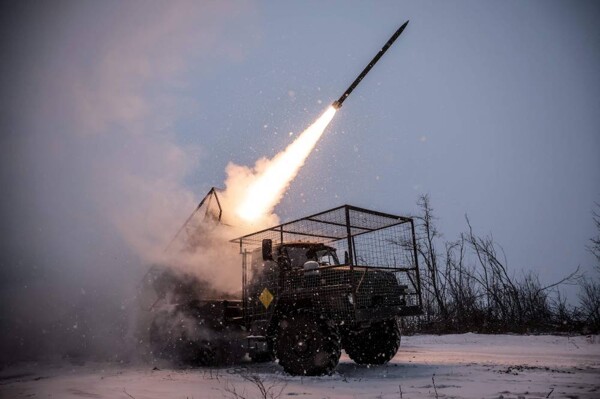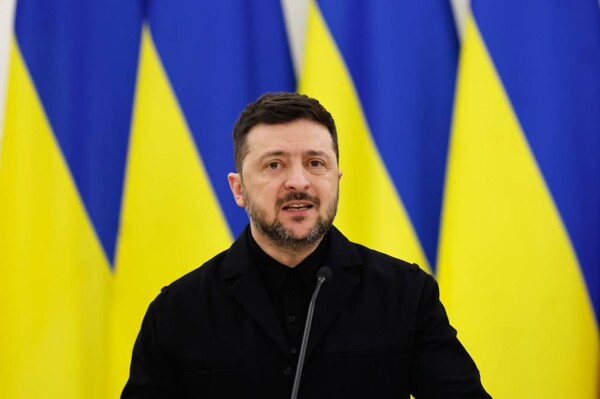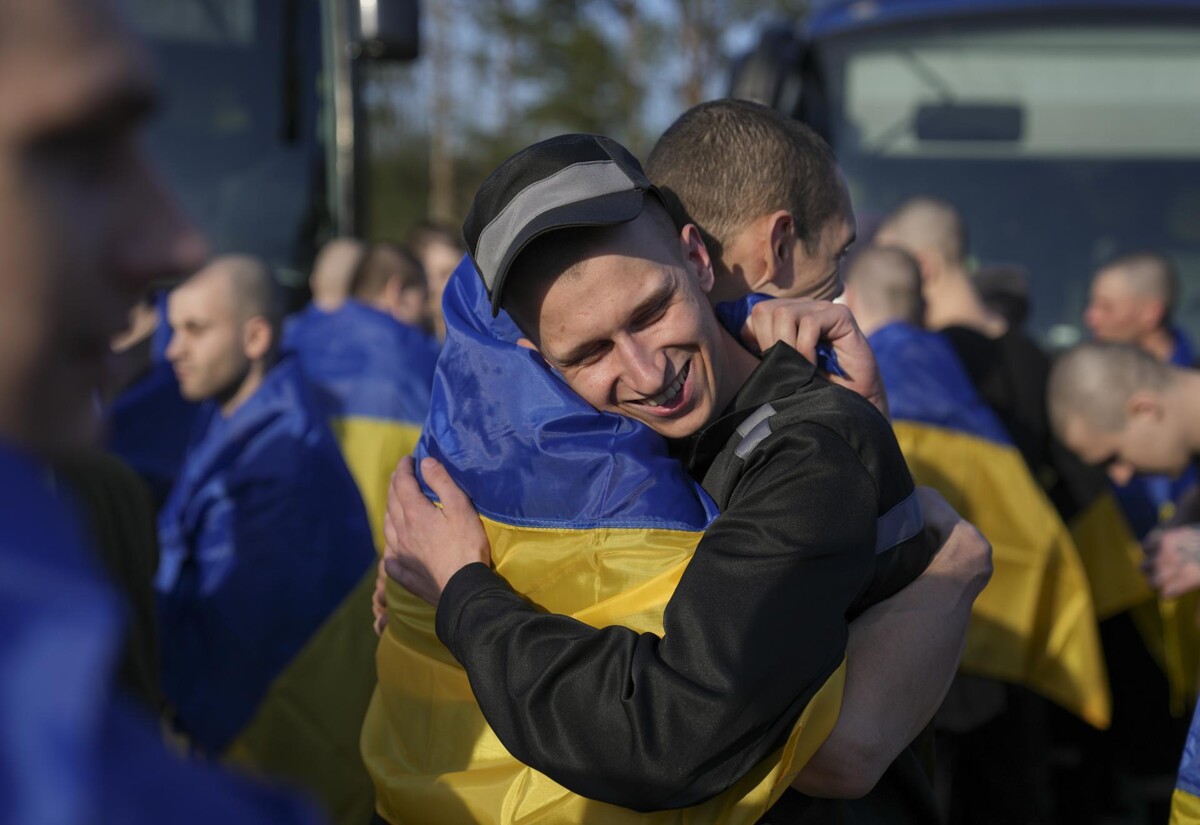
Ukrainian President Volodymyr Zelensky responded to the 30-hour truce announced by the Kremlin with a more ambitious proposal: that both sides lay down their arms for a period of 30 days starting next Sunday. Zelensky mentioned that, by making this counteroffer, Moscow had not fulfilled its own truce as Russian assault operations continued in various sectors of the front line.
Zelensky was expecting reports from the Army on the situation at the front to determine if Russia had ceased its attacks and if Ukraine could also stop its military actions. The 30-day truce proposal arises in response to Putin's announcement of a 30-hour truce for humanitarian reasons. Meanwhile, Donald Trump had expressed his willingness to step back from his role as a mediator in the conflict if no progress was made in negotiations within a matter of days.
On Saturday, a massive exchange of prisoners of war took place between Russia and Ukraine, facilitated by the United Arab Emirates. According to the Russian Ministry of Defense, 246 Russian soldiers were returned to their country, along with 15 wounded prisoners of war needing urgent medical attention. For its part, Ukraine recovered 277 prisoners of war who were in Russian captivity.
The release of all prisoners of war and detained civilians is one of Zelensky's proposals to build trust between the parties and move toward direct negotiations to end the war. The actions of Moscow and Kyiv occur within a context of diplomatic gestures between both sides, with moves aimed at establishing temporary ceasefires that allow progress toward a lasting peace agreement.











